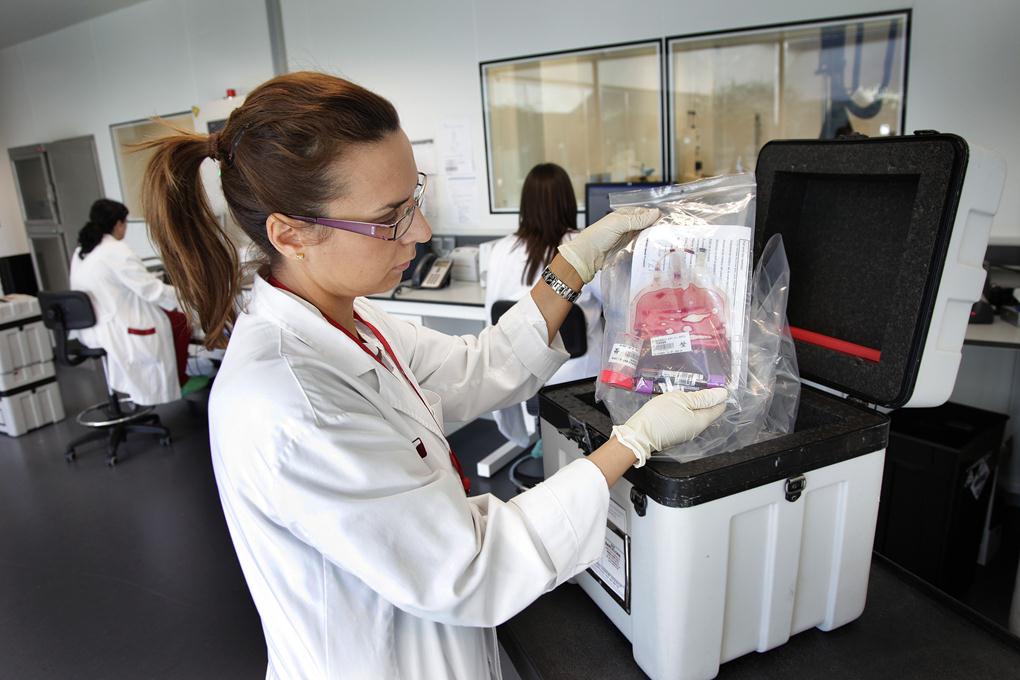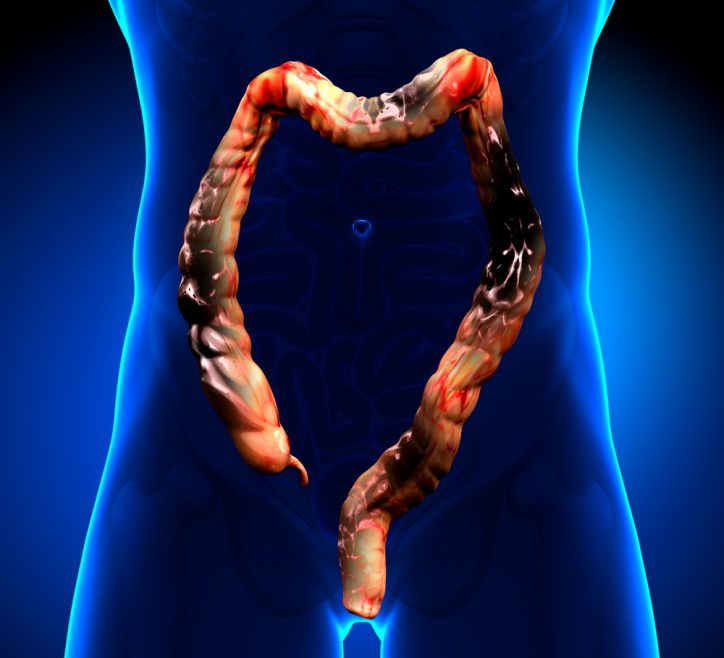Deep vein thrombosis (DVT) is a medical condition that results from the formation of a blood clot in a deep vein in the body, typically affecting the legs. Patients can be asymptomatic or they may experience inflammation or pain in the legs. DVT pain usually presents itself in the calves, causing a feeling similar to a cramp.
Deep Vein Thrombosis Medications
Deep vein thrombosis medications have two primary goals: treating an existent clot and preventing the formation of new ones.
A majority of drugs used for the treatment of DVT are blood thinners (anticoagulants). Blood thinners work by inhibiting the action that leads to the formation of blood clots. This process is called the clotting cascade.
Blood thinners are prescribed to hinder the formation of blood clots and can address the ones that a patient may already have. Blood thinners do not break down clots; instead, they stop them from enlarging. This, in turn, gives the body the opportunity to dissolve the clots on its own. Blood thinners also work by lessening the risk of more clots.
In most cases, DVT patients remain on blood thinners for at least a few months both as a treatment and a preventative measure. A large variety of blood thinners work for the treatment of deep vein thrombosis. Some of these anticoagulants, like , have been in use for a long time. However, there are also newer, safer options.
and
and are two of the oldest and most standard deep vein thrombosis medications used. is taken via injections, whereas is taken orally. Both of these drugs require your doctor to monitor your state of health regularly.
New Blood Thinners
There are also several newer drugs available for the treatment and prevention of DVT. , , and are oral medications, while , , and are intravenous drugs.
Differences Between Old and New Deep Vein Thrombosis Medications
The older options differ from the newer medications in numerous ways. For one, the new blood thinners do not necessitate patients to take a lot of tests for the monitoring of their health. and also interact adversely with many medications. In contrast, the newer options do not pose such risks and cannot be impacted by dietary habits.
That said, newer blood thinners are more costly than and . The new medications also do not have generic versions. Your health insurance agency will have to approve them for coverage.
Featured Image: DepositPhotos/ Hriana




